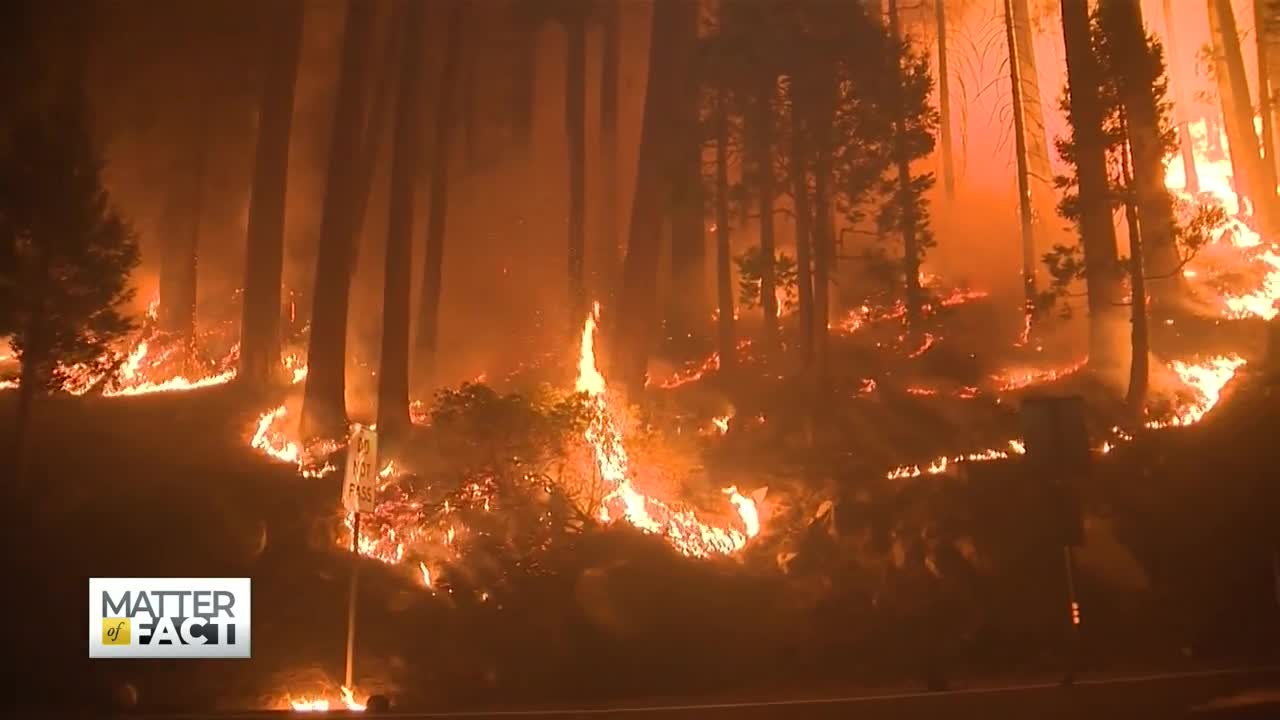
Catastrophic weather events are getting worse. As the climate continues to change, the world is seeing more fires, hurricanes, floods, and earthquakes. It’s also pushing more people out of their homes. The World Bank predicts if we continue on this path, weather disasters will displace more than 200 million people by 2050. In fact, it’s already happening. California’s Caldor Fire forced up to 60,000 people to flee. Despite the destruction, not one life was lost. Correspondent Dina Demetrius shows us the massive effort to move people to safety and the heartbreaking return to the devastation.
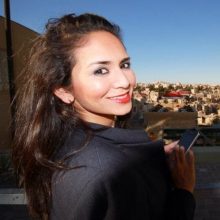
Leone Lakhani is a TV journalist with nearly two decades of international experience at the BBC and CNN. As a correspondent for CNN in London and Abu Dhabi, she covered everything from the government crackdown in Bahrain, to the first Egyptian elections after the Arab Spring. Leone has also interviewed celebrities including Tom Cruise on his Mission Impossible series, John Travolta on his life as a pilot, and sports stars like Kobe Bryant and Roger Federer. Upon returning to Washington, DC, Leone reported and produced content for digital news platform The Cipher Brief, which focused on U.S. national security issues. Leone has written and produced several long and short-format stories, covering world events like the Israel-Lebanon War from Gaza, the assassination of Benazir Bhutto and the death of Osama Bin Laden. Leone currently divides her time between Washington, DC and London.
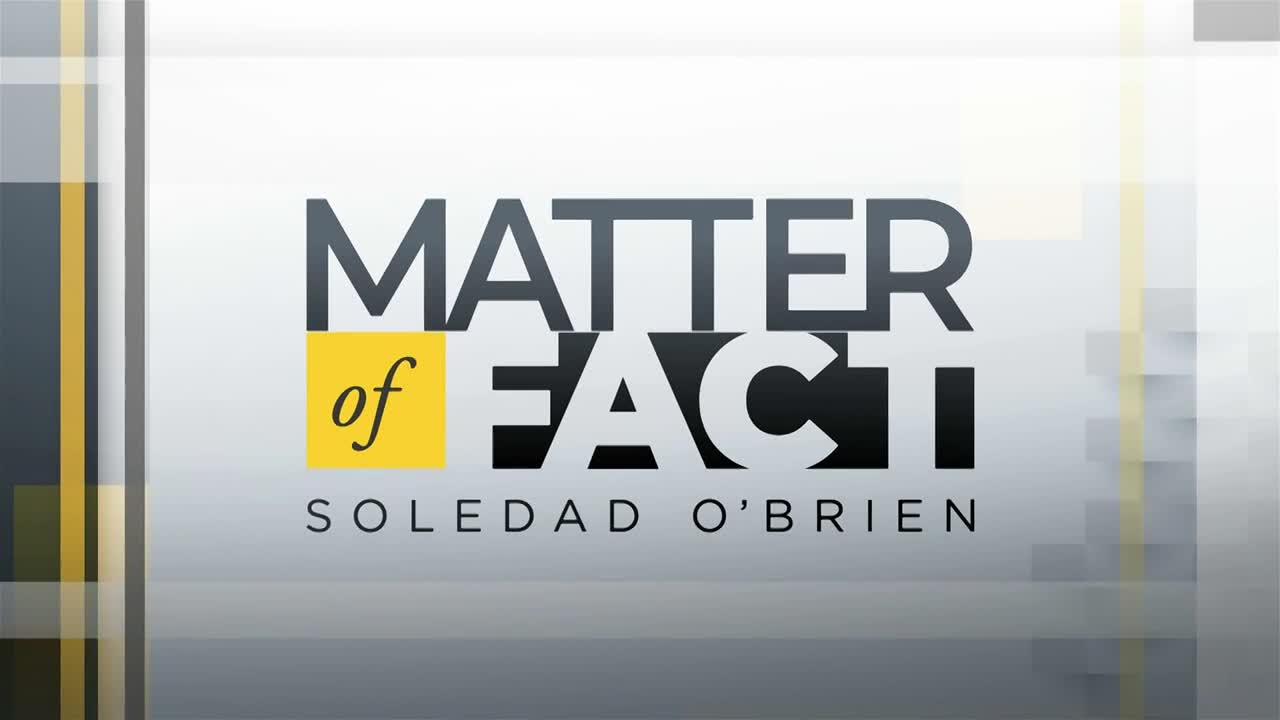
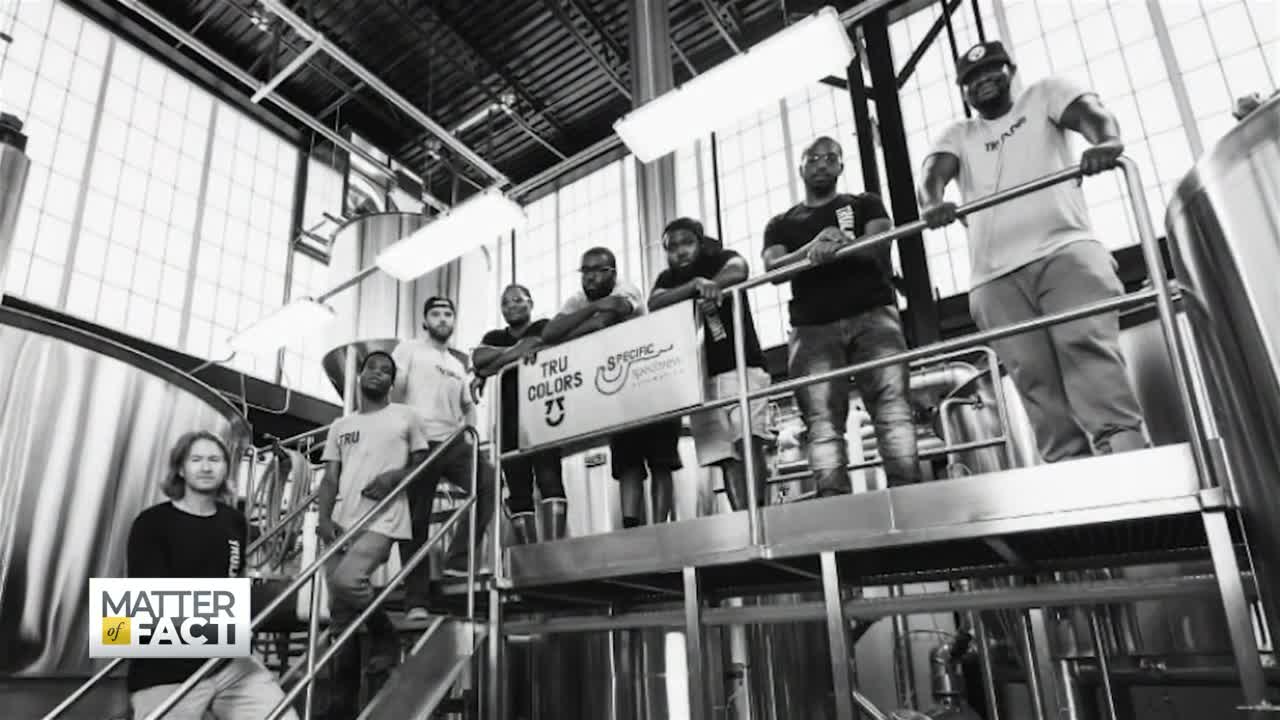
Something special is brewing at a North Carolina brewery. They’re using beer to fight gang violence, but the brew masters might be getting more attention than the new lager. Correspondent Jessica Gomez takes us inside Wilmington’s TRU Colors.
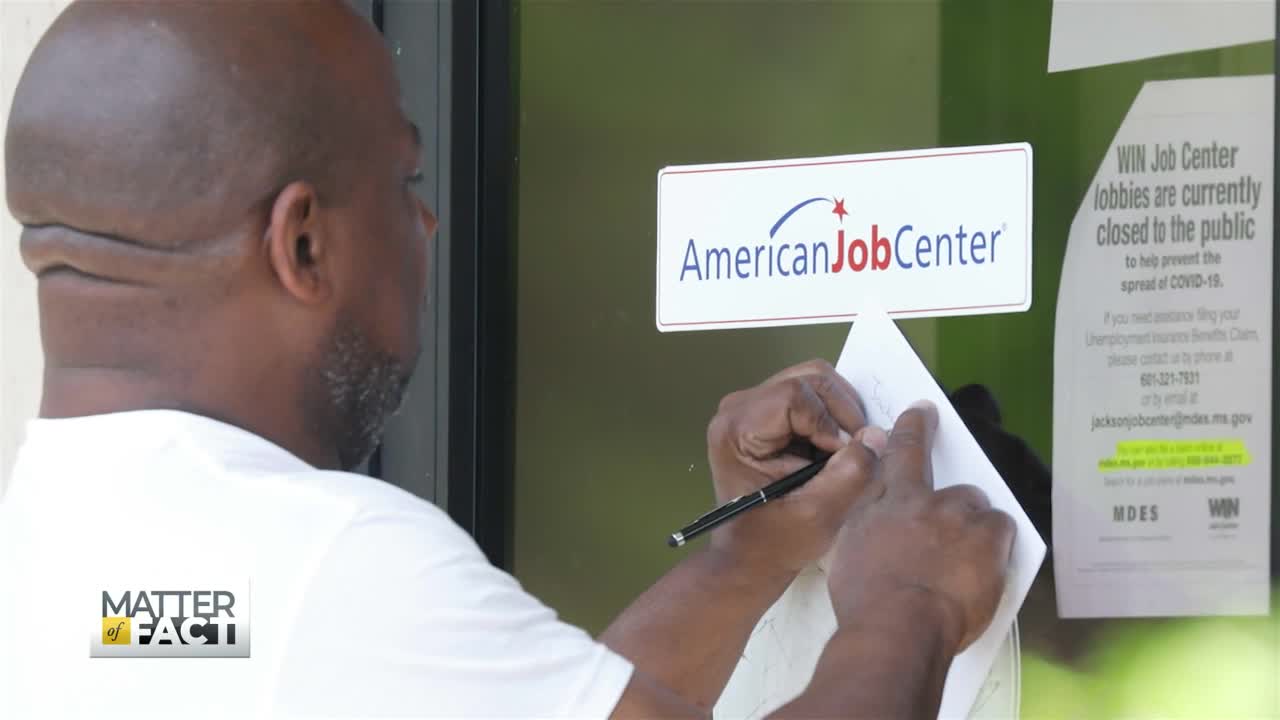
Most of the financial aid offered at the beginning of the pandemic has come to an end. The U.S. spent more than $5.2 trillion on economic assistance, to keep people in their homes and businesses from closing the doors. New studies show those programs cut poverty by 40 percent, but the economy still hasn’t fully recovered. Soledad O’Brien talks to Wendy Edelberg, senior fellow in economic studies at the Brookings Institution, about what happens next for those who are still struggling.
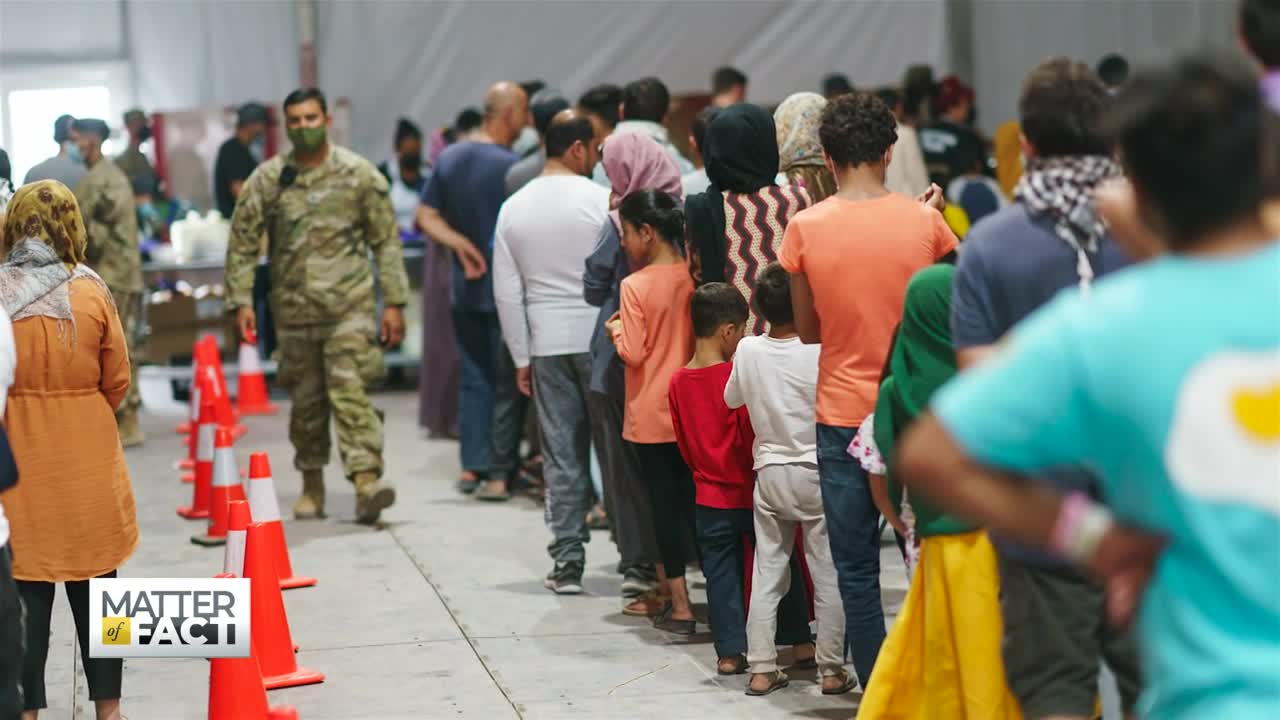
Last month, U.S. troops evacuated more than 120,000 people from Afghanistan. Of those, more than half were Afghans fleeing their homes. They were shipped off to more than 15 nations around the world, including here in the U.S. Many were given SIVs – or special immigrant visas. Others, with temporary status, landed on military bases to be vetted and screened for COVID. Correspondent Laura Chavez spent several days at a refugee center in Texas, as they prepare for a massive influx of Afghan seeking shelter.
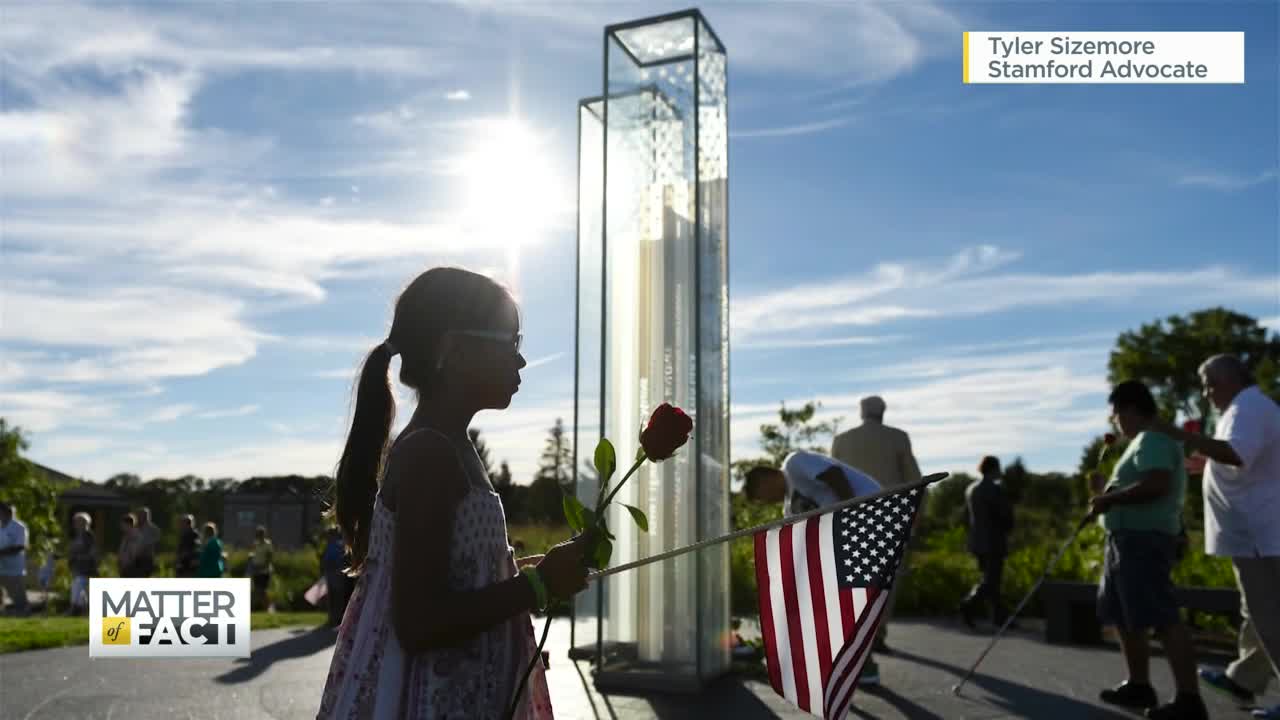
As we commemorate the 20th anniversary of 9/11, we share a series of photos taken by our Hearst colleagues on September 11, 2001.
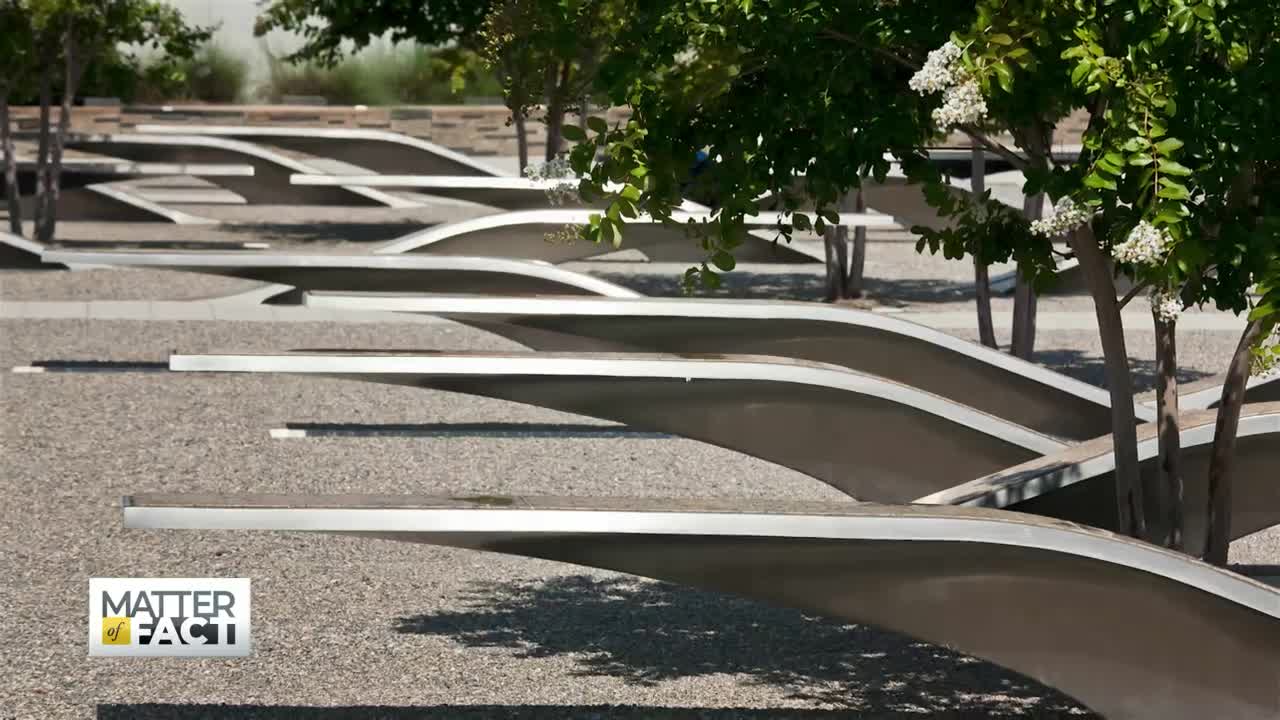
Since 2008, the National 9/11 Pentagon Memorial has been a solemn space for mourners to pay their respects to the 189 lives lost when terrorists flew American Airlines Flight 77 into the west side of the Pentagon. Jim Laychak, the executive director of the memorial, lost his brother David that day. David was a civilian employee for the army working in the Pentagon.

Sandra Lindsay was the first person in the U.S. to get the coronavirus vaccine. As a critical care nurse at Long Island Jewish Medical Center in New York, she is also on the frontlines of the relentless fight against COVID-19. Soledad talks to Lindsay about how the pandemic is causing a health care burnout and its impact on the nursing professions.
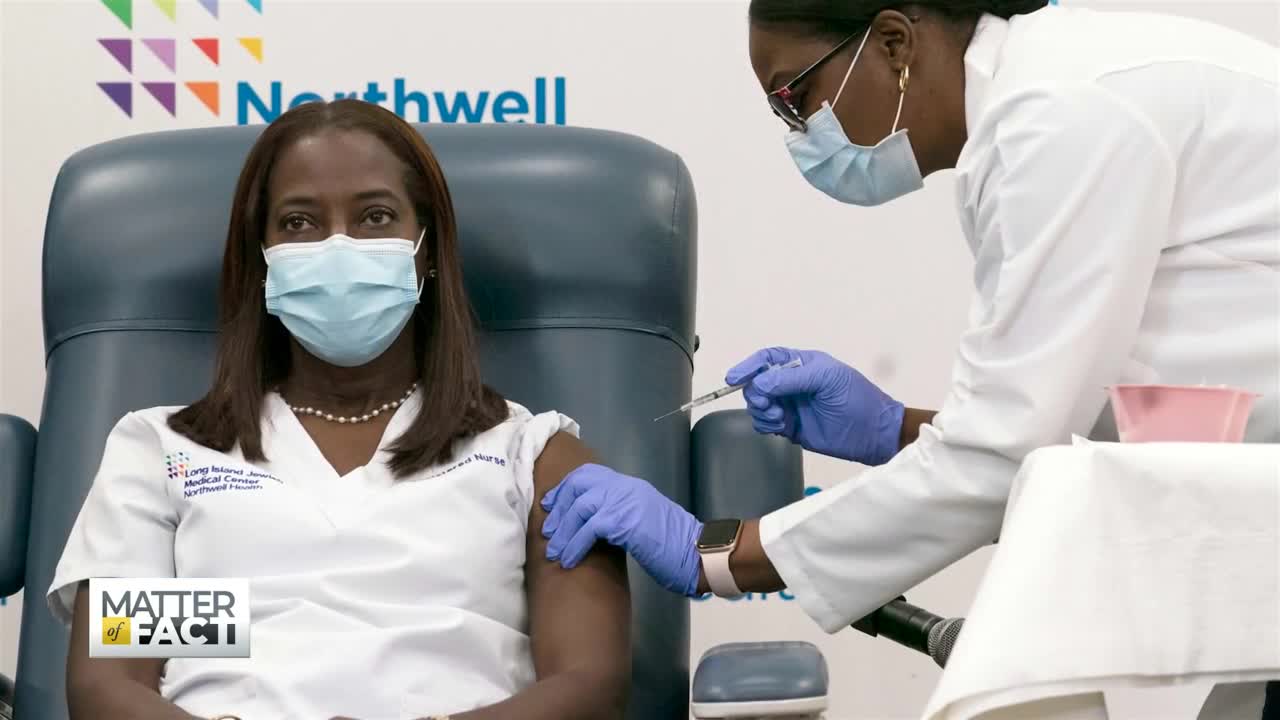
COVID infections, hospitalizations and deaths continue to climb as the highly contagious Delta variant spreads throughout the U.S. Health experts are pleading for more people to get vaccinated to keep COVID patients from overwhelming hospitals. Nurse Sandra Lindsay was the first person in the U.S. to get the COVID vaccine. She shares how caregivers are physically, emotionally, and mentally drained by the constant battle to keep the virus from taking more lives.